Take a drive through rural Wisconsin. What do you notice? Probably a lot of corn, soybean and, maybe, wheat fields. We are a state with a lot of monocropping – growing the same crop year after year on the same land.
What does that do to our soil? How does that affect the land we are growing on, and the quality of the food we are growing? How does that affect our community as a whole? Organic farmers like Andrew Adamski of Full Circle Community Farm in Pulaski are working every day to change the way we farm and say community and good soil nutrition may be the key.
Adamski grew up around farming; both of his parents were heavily involved with agriculture. He attended Northern Michigan University in Marquette, where he studied biochemistry, microbiology and finally ecology – specifically focusing on microbial ecology. This sparked his interest in how microbes interact with the world around us and the role they play in our ecosystems.
“Good organic agriculture is all about the microbes, really,” says Adamski. He is still finalizing his thesis on mending urban soils for his master’s degree. He has combined his study with Full Circle Community Farm’s mission: to provide high-quality organic food while creating a community-based farming model that will revitalize farms and communities all across the country.
“What really sparked me to do this was that I would come home for Thanksgiving or Christmas [during college] and see these corn or soybean fields totally blank and devoid of life,” said Adamski.
You can tell what’s going on underground based by what’s going on above ground … It got me thinking about the whole farming economy and how people are dependent on these synthetic fertilizers and pesticides … I looked at it as, to the root of it, unsustainable. What I saw with Full Circle Community Farm was that my parents set up a system that’s based on ecological principles. Where nothing takes more than its fair share and everything interplays with each other.”
The Adamskis are now five generations on Full Circle Community Farm near Pulaski. It is a certified organic, pasture-based farm that has recently retired from dairy and has moved to grass-fed beef. Andrew, along with his partner Heather, has added quite the variety to the farm.
Looking into their CSA (community supported agriculture) basket, one would see a large variety of vegetables (also available at the Green Bay summer and winter farmers markets), an egg share provided from their laying hens, specialty bouquets, and they raise 100 percent grass-fed beef, pastured heritage pigs and pastured rabbits. These meat shares are offered through the support SLO Farmer’s Cooperative. SLO (Sustainable, Local, and Organic) Farmer’s Co-Operative was founded in 2014 and is committed to providing quality farm products that sustain both our farms and our environment. As Adamski would say, SLO offers one voice for all the farmers and it gives beginning farmers a chance.
“One farmer, one vote,” he said. “Everyone has a say, no matter how small you are … Those young farmers, those first- and second-year farmers, they’ll have a market if they have SLO. They’ll have a piece of it; they’ll feel like their part of their community.”
Good farming starts from the ground up, with the way we treat our soil, all the way to how we treat our farmers. We have to have good soil to build the foundation of a good farm. Everything works in one big community: from the soil to hay, hay to cows, cows to manure, manure to crops and so forth. It really all comes Full Circle.
BY KARLI NORTON | NOVEMBER 15, 2018



